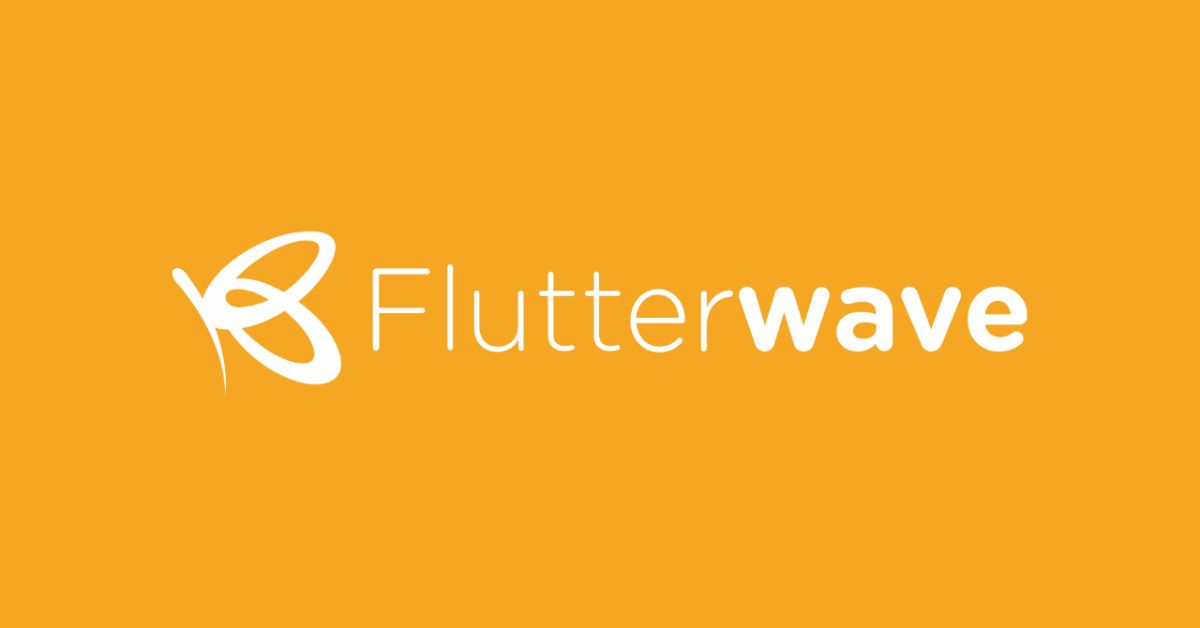The Flutterwave scandal unfolds as a complex narrative of financial mismanagement, regulatory scrutiny, and corporate accountability. This comprehensive guide navigates through the intricate web of events, shedding light on the series of decisions and actions that led to the controversy surrounding the prominent fintech company. From its meteoric rise to the challenges it faces, this guide offers a detailed examination of the scandal’s impact on both the company itself and the broader financial landscape.
Flutter Wave’s Challenges
Flutterwave, a fintech unicorn that rose to prominence in Africa’s burgeoning digital payments landscape, has been embroiled in a scandal that has shaken the company to its core. The once-celebrated startup has found itself entangled in a web of allegations ranging from insider trading to financial misconduct, casting a shadow over its meteoric rise.
Read This Blog: Unleashing MyLiberla: A Comprehensive Digital Odyssey
Flutterwave Scandal: The Rise and Challenges
Founded in 2016, Flutterwave positioned itself as a game-changer in the African fintech space, offering a seamless platform for digital payments and financial services. Its innovative solutions quickly gained traction, attracting a substantial user base and drawing the attention of investors.

However, the company’s rapid growth was not without its challenges. As the business expanded and operations became more complex, concerns emerged regarding governance practices, financial transparency, and regulatory compliance.
Governance Woes
At the heart of the Flutterwave scandal lies a governance crisis that has raised significant questions about the company’s internal controls and management practices. Allegations of insider trading, misuse of funds, and conflicts of interest have surfaced, casting doubt on the integrity of the organization’s leadership.
Also Read this Blog: Unveiling the splashui captcha?ap=1 for Website Security
Insiders have accused Flutterwave’s co-founders, Olugbenga Agboola and Iyinoluwa Aboyeji, of engaging in questionable practices, including the sale of personal stakes in the company at inflated valuations. These allegations have sparked outrage among investors and stakeholders, who demand accountability and transparency.
A Unicorn’s Damaged Wings
The Flutterwave scandal has had far-reaching consequences for the once-celebrated unicorn. The company’s valuation has taken a significant hit, with investors becoming increasingly wary of the potential risks associated with their investments.

Moreover, the scandal has raised broader concerns about the governance and regulatory frameworks governing the fintech industry in Africa. Regulators and policymakers have been prompted to take a closer look at the sector, potentially leading to increased scrutiny and oversight.
FAQ’s
What is the Flutterwave scandal all about?
The Flutterwave scandal revolves around allegations of insider trading, financial misconduct, and governance issues within the company. These allegations have raised concerns about the integrity of the organization’s leadership and management practices.
How has the scandal impacted Flutterwave’s valuation and investor confidence?
The scandal has significantly damaged Flutterwave’s valuation and investor confidence. As allegations of misconduct surfaced, investors became increasingly wary of the potential risks associated with their investments, leading to a decline in the company’s valuation.
What role have the co-founders played in the scandal?
Flutterwave’s co-founders, Olugbenga Agboola and Iyinoluwa Aboyeji, have been accused of engaging in questionable practices, including the sale of personal stakes in the company at inflated valuations. These allegations have raised concerns about conflicts of interest and the leadership’s commitment to ethical business practices.
What are the broader implications of the Flutterwave scandal for the fintech industry in Africa?
The Flutterwave scandal has highlighted the need for stronger governance and regulatory frameworks within the fintech industry in Africa. Regulators and policymakers have been prompted to take a closer look at the sector, potentially leading to increased scrutiny and oversight to ensure transparency and accountability.
How has the company responded to the allegations and what steps have been taken to address the issues?
Flutterwave has faced significant pressure to address the allegations and restore confidence in the company’s operations. The company has reportedly initiated an independent investigation and made changes to its leadership structure in an effort to improve governance and transparency. However, the full extent of the corrective measures remains to be seen.
Conclusion
The Flutterwave scandal has served as a wake-up call for the fintech industry in Africa, highlighting the importance of robust governance practices, financial transparency, and regulatory compliance. As the dust settles, it remains to be seen whether Flutterwave can regain the trust of investors and stakeholders and emerge stronger from this crisis.
Regardless of the outcome, the scandal has underscored the need for heightened scrutiny and a concerted effort to foster a culture of accountability and ethical business practices within the rapidly evolving fintech landscape.
Companies operating in this space must prioritize sound governance principles, implement robust internal controls, and maintain a commitment to transparency. Only then can the fintech industry in Africa truly harness its potential and contribute to the region’s economic growth and development.
The Flutterwave scandal serves as a cautionary tale, reminding all stakeholders that success is not solely measured by valuation or rapid growth but also by the ethical foundations upon which a company is built. The road ahead may be challenging, but it presents an opportunity for the industry to learn from its missteps and emerge stronger, more resilient, and better equipped to navigate the complexities of the digital financial landscape.


![Zahn McClarnon Net Worth [2024]: Complete Financial Analysis & Career Earnings](https://cashmerelook.com/wp-content/uploads/2024/11/Zahn-McClarnon-Net-Worth-2024-Complete-Financial-Analysis-Career-Earnings-300x158.jpg)







![Zahn McClarnon Net Worth [2024]: Complete Financial Analysis & Career Earnings](https://cashmerelook.com/wp-content/uploads/2024/11/Zahn-McClarnon-Net-Worth-2024-Complete-Financial-Analysis-Career-Earnings-150x150.jpg)

